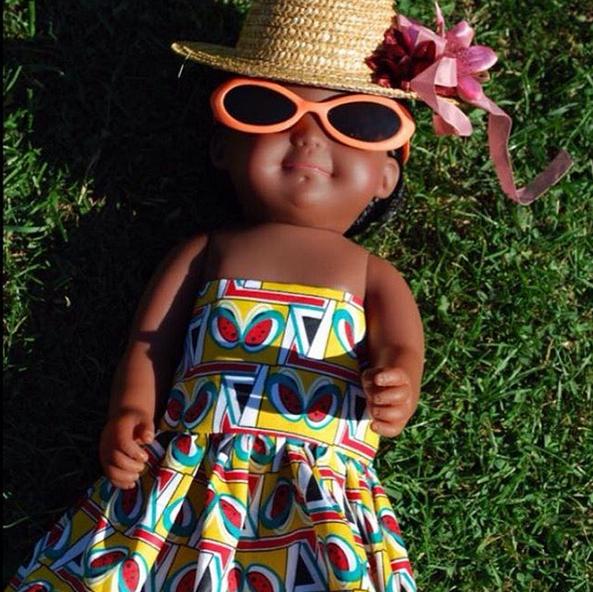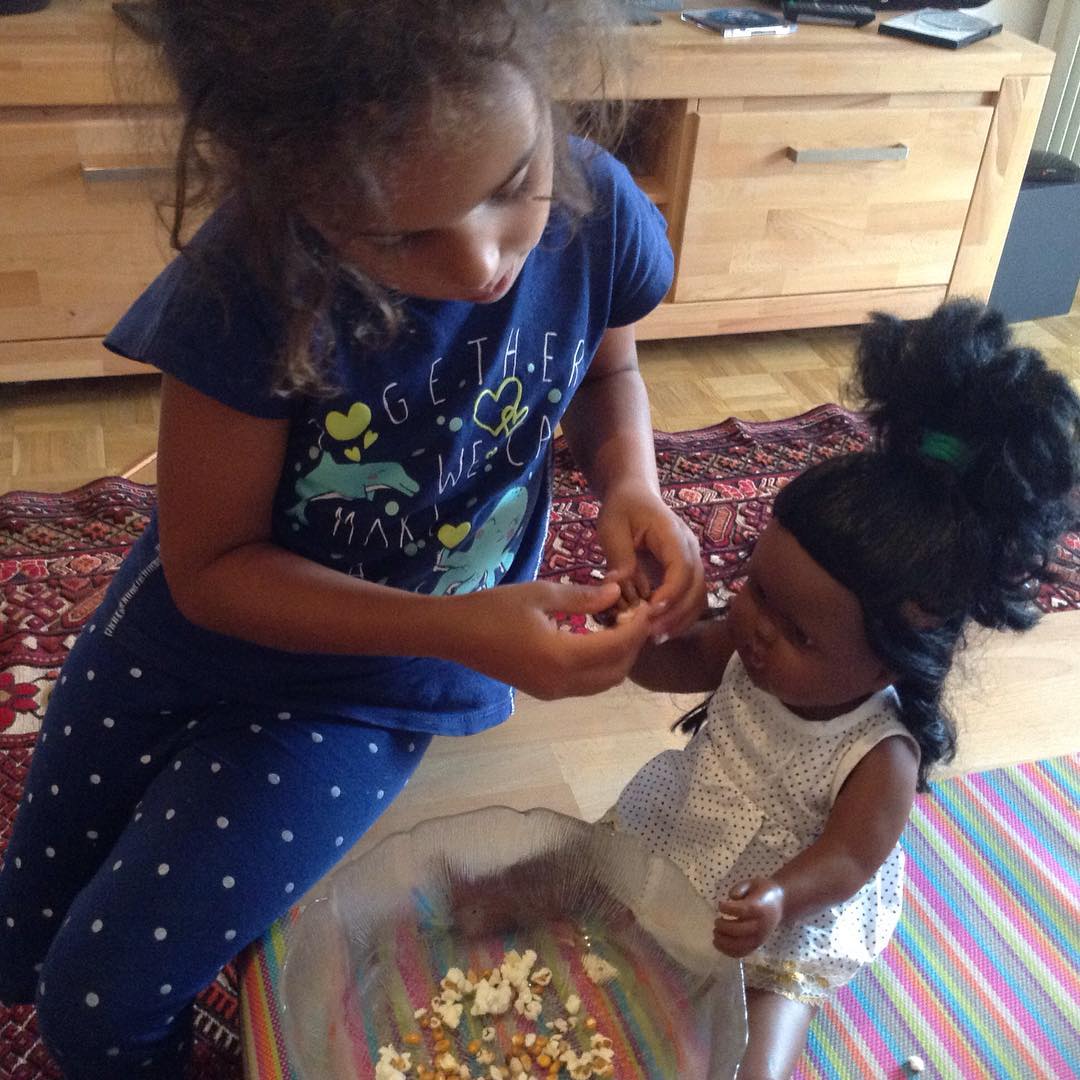In Kenya, one woman has come up with an Africanised doll. Everything from the doll's skin colour to its clothing represents an ideal that children on the continent can relate to.

In Kenya, one woman has come up with an Africanised doll. Everything from the doll's skin colour to its clothing represents an ideal that children on the continent can relate to.
The world of dolls has a new favourite -- and she has dark skin and wears clothes made from ethnic fabric.
"The business name is Mimi Authentic which was founded out of a desire to promote cultural awareness and self-consciousness in little girls," said Nancy Nkirote, creative director, Mimi Authentic.
Each of the Mimi Dolls has a unique facial expression and back story.
"This is Mimi Nasiaye, she represents the Maasai community in Kenya," Nkirote said.
One doll is particularly special.
"This is Mimi malaika, she is our special girl, she represents kids affected with HIV in Kenya. The reason I came up with this is I saw how my kid interacted with her doll," Nkirote said.
"Currently we are giving out this doll to kids with HIV and we hope to give them a special friend that they can talk to without being judged or criticised, or sidelined."
Everything about the dolls has been carefully thought through, and Nkirote hopes the children who play with them will learn something.

Everything about the dolls has been carefully thought through, and Nkirote hopes the children who play with them will learn something.
"I came up with the idea to give my dolls personality and a story behind them so I thought if I give my dolls a character, if I give them a story behind them, then my kid and other kids will read the story and they will also connect with Kenyan cultures," she said.
Under-representation has plagued the toy industry for decades. But Nkirote is hoping her Mimi Dolls will change all that, by giving children on the continent something they can relate to.















